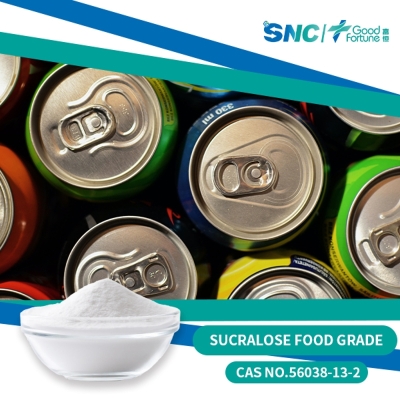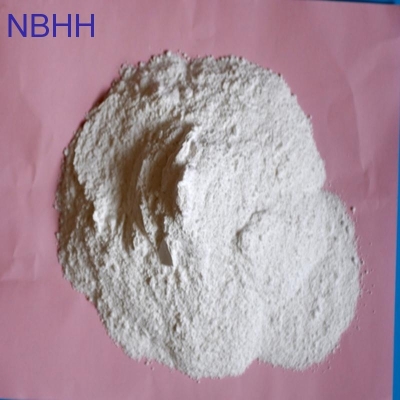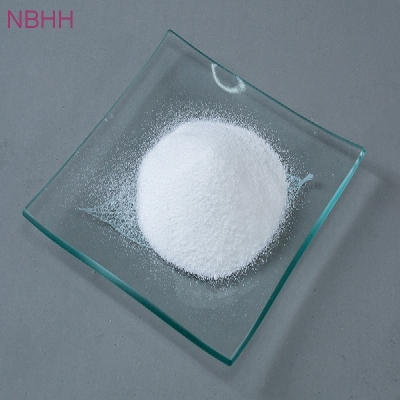Is it harmful to add sodium cyclamate in food
-
Last Update: 2019-01-07
-
Source: Internet
-
Author: User
Search more information of high quality chemicals, good prices and reliable suppliers, visit
www.echemi.com
Introduction: in 1937, sweet element was discovered by Michael SWEDA, a student at the University of Illinois It began to be used in the soft drink industry in the 1950s and became a general sugar substitute in the 1960s Is it harmful to add sweet element to food? Let's take you to know Sodium cyclamate, whose chemical name is sodium cyclamate, belongs to non nutritive synthetic sweetener Sodium cyclamate is a common additive in food production Sodium cyclamate is a kind of commonly used sweetener, whose sweetness is 30-40 times that of sucrose If we often eat beverages or other foods with excessive content of sodium cyclamate, it will cause harm to the liver and nervous system of human body, especially to the elderly, pregnant women and children with weak ability of metabolic detoxification In 1966, it was found that cyclamate can be decomposed into cyclohexylamine which may have chronic toxicity under the action of enterobacteria In 1969, the Research Committee of the National Academy of Sciences received animal experimental evidence that the 10:1 mixture of cyclamate and saccharin can cause bladder cancer Soon after that, the US Food and Drug Administration issued a comprehensive ban on the use of cyclamate and saccharin Britain, Japan, Canada and other countries subsequently banned it At present, there is no ban on the use of sodium cyclamate in China, but it is limited According to the hygienic standard for the use of food additives (GB 2760), "sodium cyclamate" can be used as sweetener Its scope of use is as follows: 1 Pickle, seasoning sauce, prepared wine, pastry, biscuit, bread, ice cream, ice cream, popsicle, beverage, etc., the maximum dosage is 0.65g/kg; 2 Preserves, the maximum dosage is 1.0g/kg; 3 Orange peel, plum blossom, plum blossom, dried bayberry, etc., with a maximum usage of 8.0g/kg According to gb2760-2007 hygienic standard for the use of food additives, sodium saccharin, benzoic acid and sorbic acid shall not be used in the production of puffed food and small fried food Today's small edition of Baibai safety net briefly expounds whether adding sodium cyclamate in food is harmful For the types of food additives, please pay attention to other articles on our website, and hope that today's content can help you Editor in charge: sun Dianwei
This article is an English version of an article which is originally in the Chinese language on echemi.com and is provided for information purposes only.
This website makes no representation or warranty of any kind, either expressed or implied, as to the accuracy, completeness ownership or reliability of
the article or any translations thereof. If you have any concerns or complaints relating to the article, please send an email, providing a detailed
description of the concern or complaint, to
service@echemi.com. A staff member will contact you within 5 working days. Once verified, infringing content
will be removed immediately.







